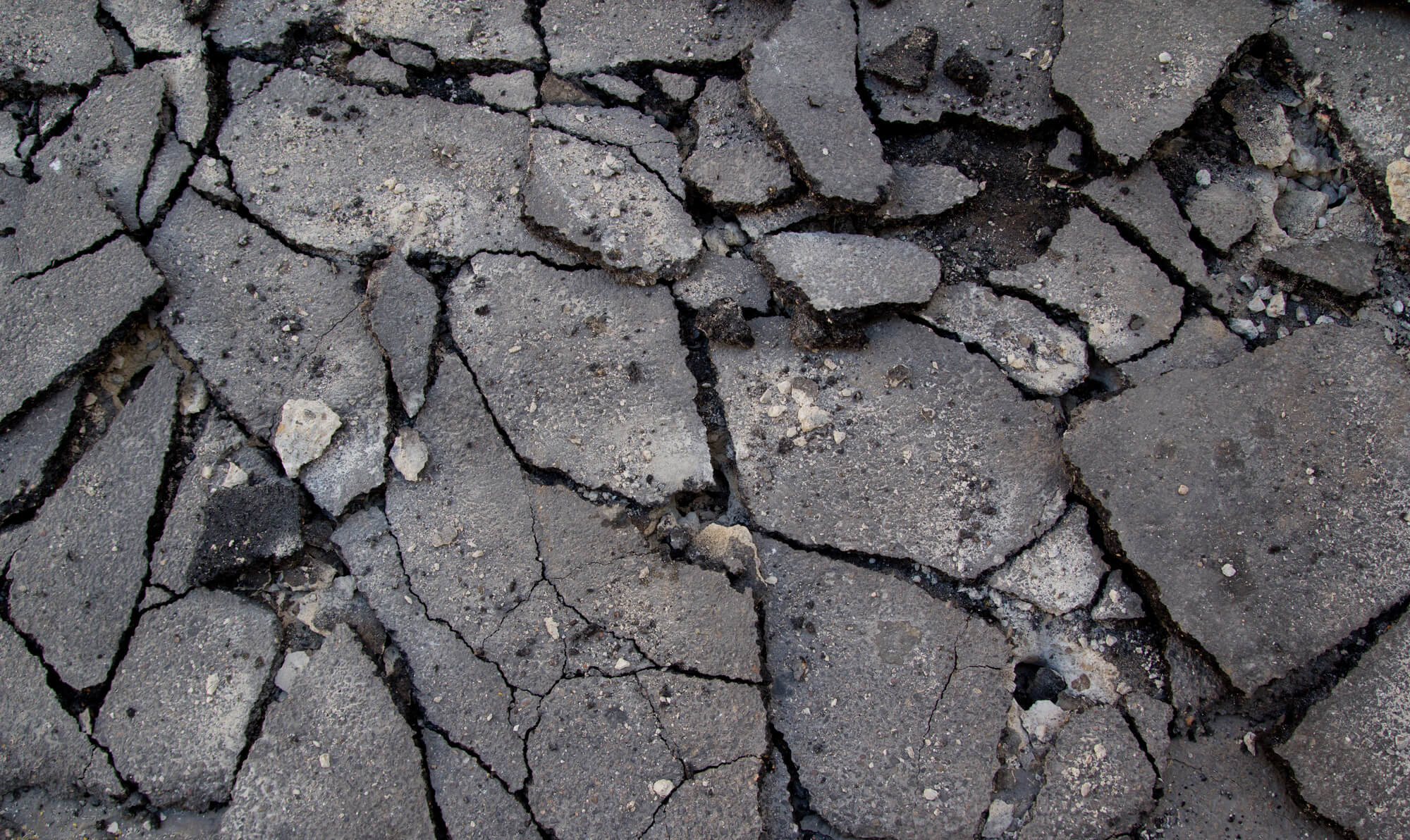Checking Out the Ecological Benefits of Hot Mix Asphalt
The use of Hot Mix Asphalt in infrastructure tasks presents an engaging case for lasting growth and ecological stewardship. By delving into the elaborate details of its production processes and the cutting-edge use recycled materials, a much deeper understanding arises of how this technology goes beyond plain surface area applications. The ecological advantages of Hot Mix Asphalt prolong much past preliminary impacts, offering a nuanced point of view on how this product can pave the way for a greener future.

Lowered Greenhouse Gas Emissions
Hot Mix Asphalt manufacturing offers a substantial decrease in greenhouse gas emissions compared to other sidewalk materials. The manufacturing process of Warm Mix Asphalt entails heating the mixture of accumulation and asphalt binder to heats. This procedure requires less power contrasted to the production of different sidewalk materials, leading to reduced greenhouse gas exhausts. Furthermore, using recycled materials in Hot Mix Asphalt better contributes to reducing its environmental effect. By including reclaimed asphalt pavement and recycled asphalt roof shingles into the mix, the requirement for virgin materials is reduced, leading to power financial savings and decreased emissions associated with removal and handling.
Research studies have revealed that Hot Mix Asphalt pavements have a smaller sized carbon footprint over their life process contrasted to various other sidewalk choices. The resilience and recyclability of Warm Mix Asphalt further boost its ecological advantages by minimizing the requirement for frequent upkeep or substitute, consequently conserving sources and minimizing exhausts related to reconstruction tasks.
Energy Effectiveness and Conservation
The manufacturing process of Hot Mix Asphalt not only reduces greenhouse gas emissions but additionally contributes considerably to energy performance and conservation initiatives. Power efficiency is an essential advantage of Hot Mix Asphalt manufacturing compared to various other pavement types. The longevity of Warm Mix Asphalt lowers the regularity of upkeep and repair, leading to lasting energy cost savings.
Lasting Sidewalk Solutions

One trick element of lasting pavement remedies is the use of recycled products such as redeemed asphalt sidewalk (RAP) and recycled asphalt roof shingles (RAS) By integrating these products right into the asphalt mixes, the need for virgin resources is minimized, leading to lower energy usage and greenhouse gas emissions during production. In addition, the reuse of these products helps divert waste from land fills, adding to a more lasting and circular economic situation.
In addition, sustainable sidewalk solutions concentrate on optimizing pavement layout to improve performance and long life. Methods such as warm mix asphalt (WMA) and stone mastic asphalt (SMA) enhance the resilience and strength of pavements, decreasing the requirement for regular fixings and replacements. By implementing these cutting-edge techniques, infrastructure programmers can develop sidewalks that not only fulfill high-performance criteria however also minimize their ecological footprint.
Minimized Environmental Impact
With an emphasis on sustainability and view it now eco-conscious practices, sidewalk remedies are made to decrease the environmental influence of construction and upkeep procedures. Hot mix asphalt, particularly, provides numerous benefits that add to reducing the total ecological footprint of road framework. One essential facet is the recyclability of asphalt, which can be reused several times without endangering its quality. This characteristic assists in saving natural resources and minimizing the amount of waste sent to land fills.
In addition, the production of hot mix asphalt releases lower degrees of greenhouse gases compared to other sidewalk products, making it an extra eco-friendly choice. The energy performance of asphalt plants has also enhanced over the years, resulting in decreased gas consumption and lower emissions. In addition, the smooth surface area of warm mix asphalt decreases rolling resistance for cars, leading to lower gas usage and decreased air pollution from automobile exhausts.
Contribution to Climate Adjustment Mitigation
Warm mix asphalt plays a crucial role in mitigating environment change with its lasting residential or commercial properties and decreased environmental effect. One considerable contribution to climate modification mitigation comes from the power effectiveness of warm mix asphalt manufacturing. Contrasted to various other pavement options, the manufacturing process for warm mix asphalt consumes much less power and gives off lower levels of greenhouse gases, thus minimizing its total carbon impact.
Furthermore, warm mix asphalt's capability to show sunlight, known as albedo, assists in minimizing urban warmth island impacts. By decreasing warm absorption and retention, warm mix asphalt pavements can decrease the need for air conditioning in metropolitan locations, consequently decreasing greenhouse gas exhausts connected with energy usage for cooling down purposes.
Furthermore, the resilience and recyclability of warm mix asphalt further boost its climate adjustment reduction capacities. Regrading. The long life-span of asphalt pavements lowers the need for constant fixings or substitutes, eventually reducing the carbon exhausts linked to roadway upkeep tasks. The content recyclability of asphalt materials reduces the demand for virgin sources and decreases the ecological influence of pavement building, aligning with lasting methods for climate modification reduction.
Final Thought
In final thought, the environmental advantages of Warm Mix Asphalt show its considerable payment to minimizing greenhouse gas exhausts, preserving energy, and decreasing environmental effect. This sustainable pavement service aligns with climate modification mitigation efforts, promotes resource preservation, and boosts framework growth. By using recycled products, energy-efficient production processes, and durable design, Hot Mix Asphalt plays a why not find out more crucial function in fostering a more environmentally friendly technique to infrastructure construction.
The manufacturing procedure of Warm Mix Asphalt involves heating up the mix of accumulation and asphalt binder to high temperatures. By including recovered asphalt sidewalk and recycled asphalt roof shingles into the mix, the demand for virgin materials is minimized, leading to energy financial savings and reduced exhausts associated with removal and processing.
One secret element of lasting pavement services is the use of recycled products such as redeemed asphalt sidewalk (RAP) and recycled asphalt roof shingles (RAS) Strategies such as cozy mix asphalt (WMA) and stone mastic asphalt (SMA) improve the durability and strength of pavements, lowering the demand for frequent repairs and replacements. Contrasted to other pavement options, the manufacturing process for warm mix asphalt eats much less energy and produces reduced levels of greenhouse gases, therefore minimizing its general carbon footprint.